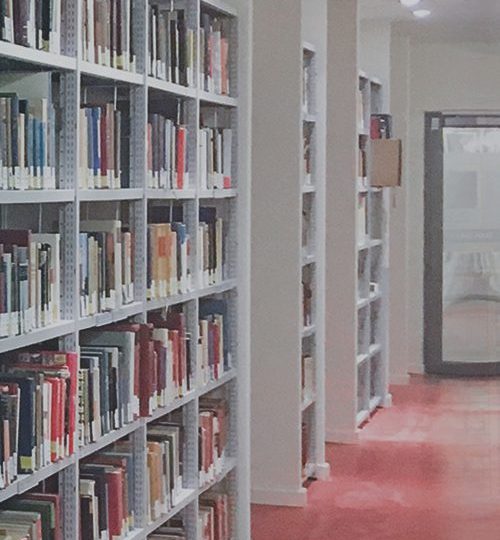Education
Rohingya were the most educated people in Arakan, but during the British colonial period and post-independence period, the education system worsened.

Rohingya were the most educated people in Arakan, but during the British colonial period and post-independence period, the education system worsened.
Role of Education
During the independent Arakan kingdom, Muslims were the most educated people in Arakan. People from various countries came to Arakan on many occasions. Traders and businessmen came for their commercial activities; there were Sayyids, Ulema, Sheiks and Saints in their religious and cultural pursuits; statesmen, administrators, and soldiers by invitation, and artisans and craftsmen in search of employment. Arabs, Persians and Turks, Afghans, Moors, central Asians and Northern Indians, and Bengalis, Rajputees and other nationals also came, and introduced new elements in society. They came under the banner of Islam, but they brought with them their particular ways of life, and tried to maintain their cultural groups.
According to the 1872 Census, 50% of Muslim men were educated in Danra waddy (present day Akyab District). 88% of Muslim men were educated in Rama Waddy (Kyaukpyu District) and 8% of Muslim men were educated in Dwarawaddy (Sandaway District). However, during the British colonial period and post-independence period they became less educated. Particularly under the successive military regimes, the education system worsened. However, the children of the Rohingya diaspora community are able to get quality education in their respective refugee countries. Hence, there is a new emerging educated youth in the diaspora community around the world.